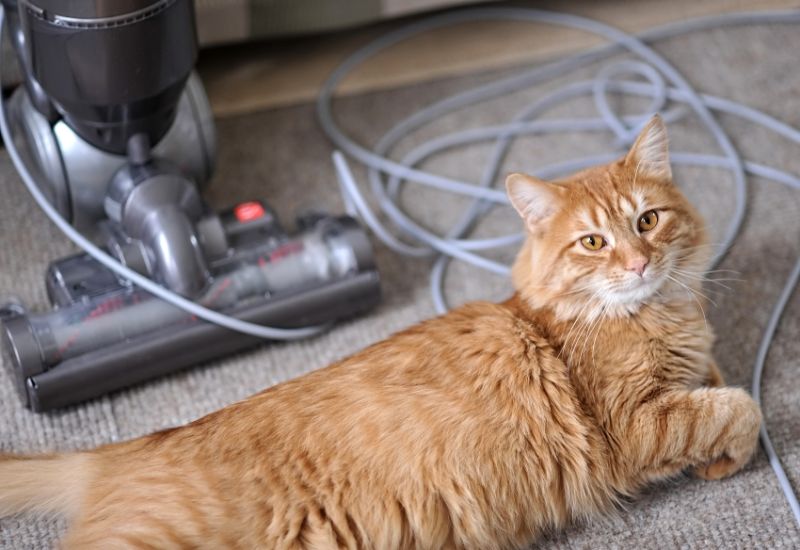A Hairy Situation: Hairballs in Cats

Almost every cat owner is familiar with the hacking and gagging noises cats make (usually at 2 am) as they prepare to cough up a hairball. If you groan when you hear this and wonder if anything can be done about it, True Care Veterinary Hospital has good news for you!
But are you ready to tackle the hairy situation that is hairballs in cats?
How Do Hairballs Happen?
Cats are consummate groomers that work hard to keep their coats immaculate. While grooming themselves with their sharp tongues, cats ingest hair that has been shed. Fur cannot be broken down by the digestive tract, and if it doesn’t pass through, it can collect in the intestine.
Although this hair typically passes through the digestive tract and is excreted in the stool, sometimes it may remain in the stomach and gradually accumulate into a wet clump – the hairball.
Feeling the Burn: Summer Pet Paw Safety Basics

You’re likely to hear that winter can be brutal on a pet’s sensitive paws. Certainly, snow, ice, and winter chemicals can wreak havoc on tender paws, but summertime also poses unique challenges to paw health. Beyond just watching for hot pavement, conscientious pet owners must take precautions to keep their pet’s paws safe and comfortable.
As you gear up for summer, True Care Veterinary Hospital wants to share a few tips about summer pet paw safety. Here are some basics to prevent your pet from feeling the burn of summer.

